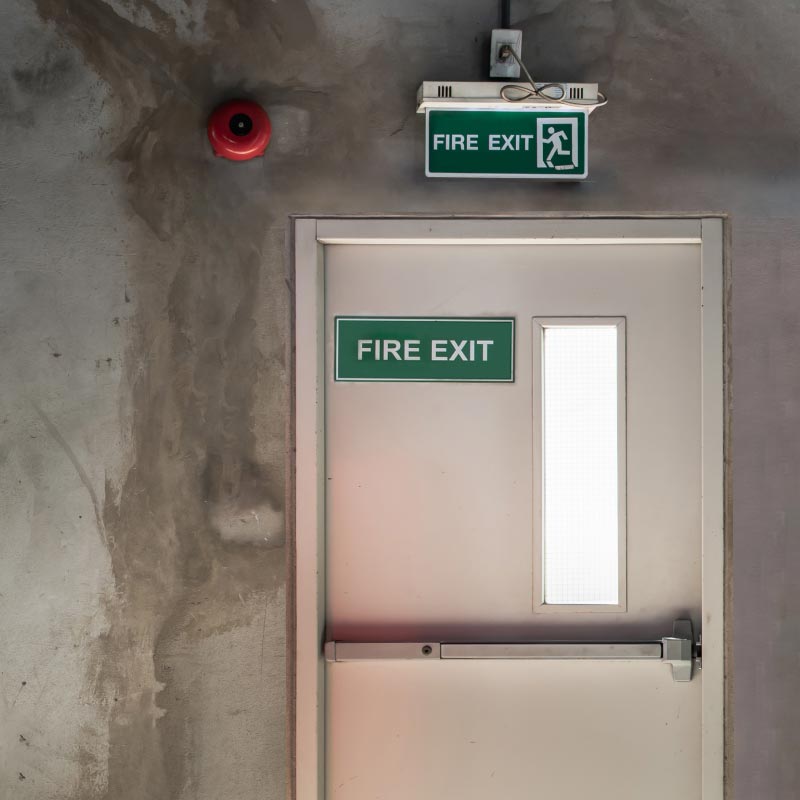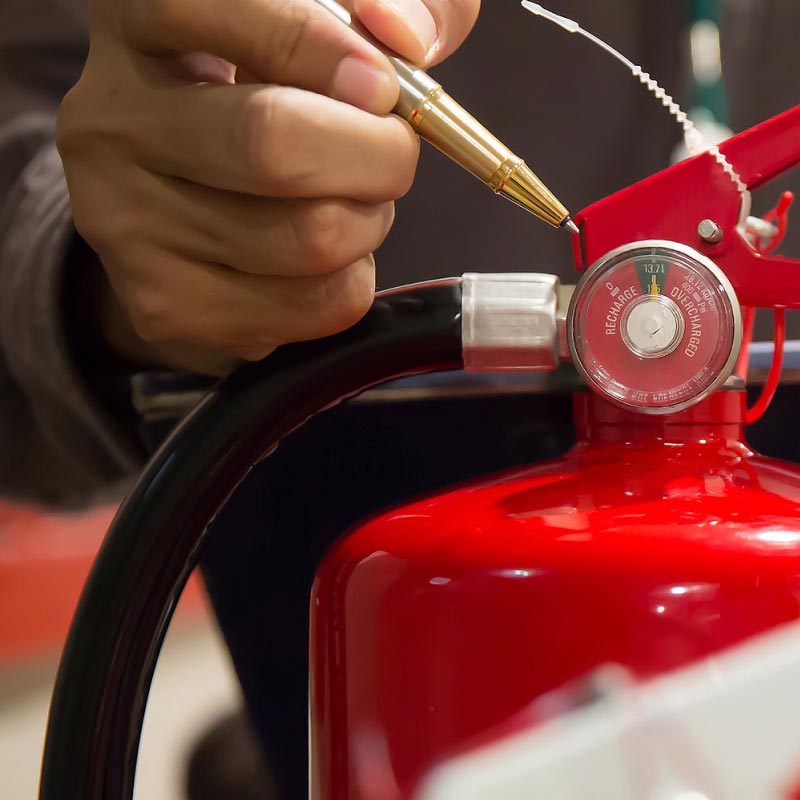
Fire Door Survey
Helping you to manage and reduce the risk of harm
What is a Fire Door Survey?
Fire doors are a major part of any fire strategy and are an engineered solution to what are essentially weak points in a building’s compartmentation. These components must be inspected and maintained regularly to ensure they remain compliant, effective, and fit for purpose, to protect life and preserve premises.
Soon, more emphasis will be placed on duty holder’s requirements regarding the regular inspection and maintenance of fire-resisting doors. It will become even more important to ensure that these essential building elements are inspected by competent people who understand all of the materials and components involved in constructing a fire door and its fittings and how they combine to ensure the necessary protection is achieved for the required period of time.
Why choose Sircle?
We can provide several different types of fire door survey. We will always thoroughly assess every fire door regardless of the level of survey you require, but our short form type or compliance survey will focus on capturing the non-compliances of the door inspected.
Our surveyors are trained up to the FDIS Diploma level, ensuring they can make an informed professional judgment about how each door will perform if subjected to fire. We understand that most fire doors currently in situ do not have accompanying certification or records of installation or compliance, and we take a measured approach to this.
We aim to save our client’s money by providing the exact detail of the faults a door is showing and why it does not comply, offering specific remedial actions required and the benefits of remediating doors using approved techniques rather than immediately recommending wholesale replacement of door sets. Our basic fire door survey provides all of this information and consistently captures the data to allow analysis and valuable insight in to the nature of the issues found. We identify the risk level of each door and its potential impact on the fire strategy in broad terms.
We can also offer a detailed fire door survey. This is a comprehensive inspection which will record every last detail of the fire door in question from its material, finish, dimensions, position of hinges, thickness, seals, manufacturer, labels, lipping, hold open devices, side/header panels, frame construction etc.
This level of survey is ideal for a client wishing to assess fire doors against a specification, certification or test standards. Our commitment to providing this level of detail, usable information and accurate recommendations is second to none and is driven by our integrity and desire to help our clients protect their people and assets.
A thorough fire door inspection will take into account the following:
Related Services
 View Service
View Service View Service
View Service View Service
View Service View Service
View ServiceCase Studies
“We have worked with Sircle for a number of years and they have become invaluable to both the Estate and Capital Planning departments. They support our intranet-based property register together with various surveys including fire compartmentation, building services and building surveying. I would highly recommend them.”




